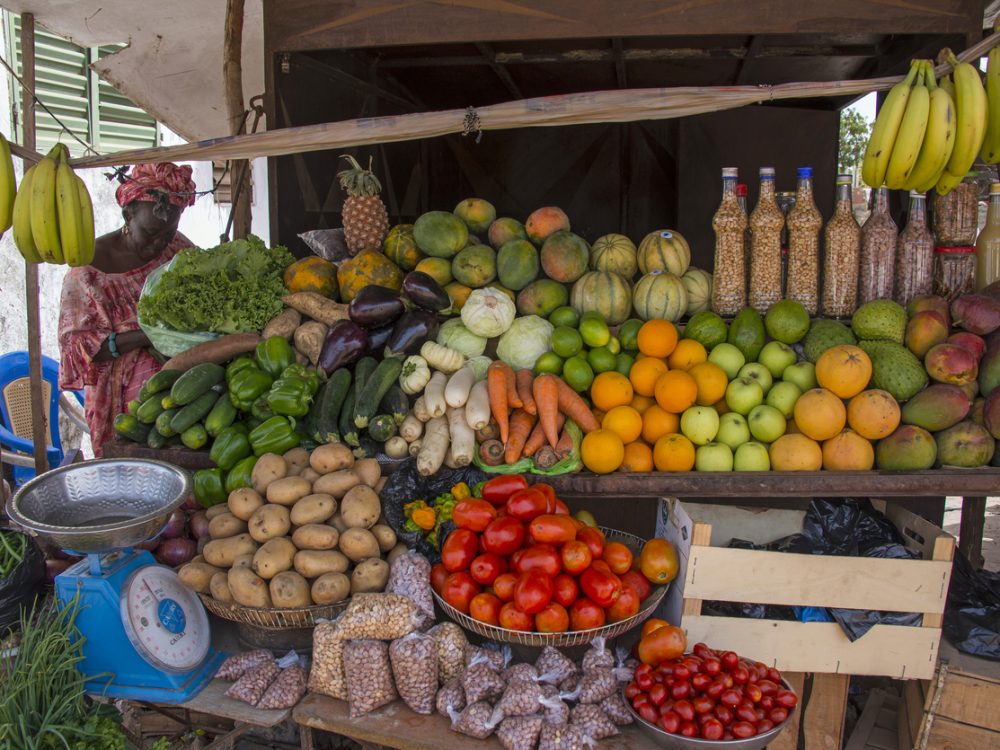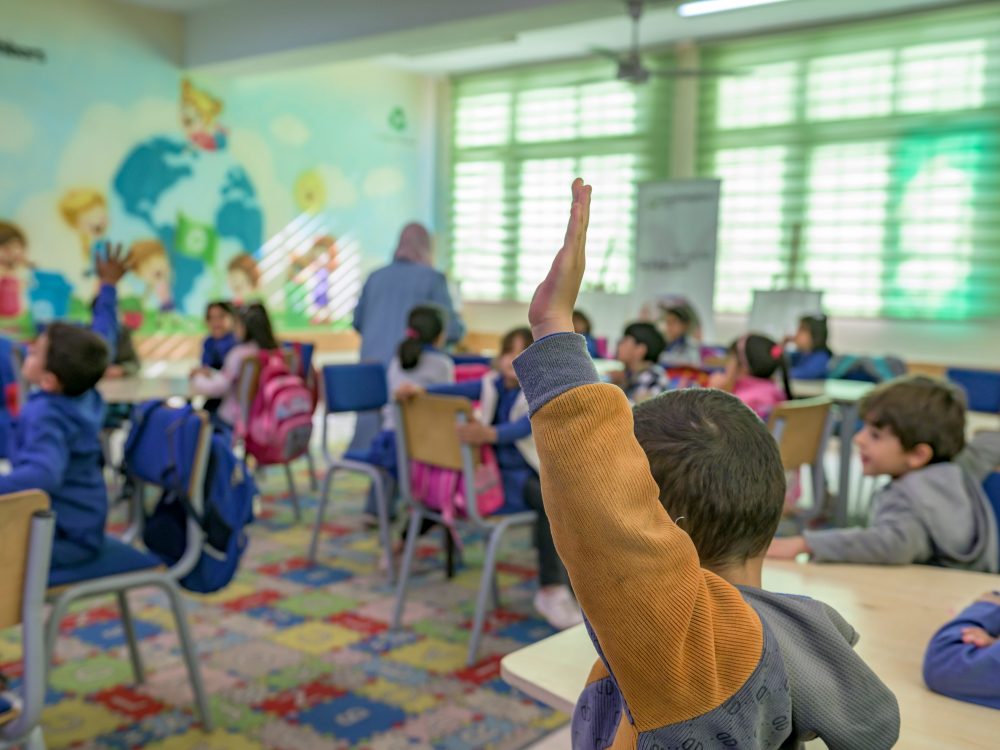Announcing: Data-Driven Decision-Making Mapping in Education
Development Gateway: an IREX Venture (DG) and IREX, in partnership with the Hewlett Foundation, are pleased to announce a new research program supporting data-driven decision-making in education in East and West Africa. This two-year, $300,000 project to map education data and decision ecosystems in Kenya and Senegal will focus on the variety of administrative, census, and survey data collected to implement and monitor primary and secondary education. The goal is to holistically understand the barriers to more effective data collection, sharing, interoperability, and use. By understanding the barriers, we can better design support for more robust education data ecosystems that drive better learning outcomes.
The Need for Education Data
This past June, The World Bank released its State of Global Learning Poverty Report. The report shows that the COVID-19 Pandemic has significantly worsened learning outcomes and exacerbated an existing learning crisis. The report estimates that 70% of the world’s children are learning impoverished. At the same time, the report relies upon simulated models, which are less reliable than up-to-date official data. For example, the most recent UNESCO data from Kenya and Senegal was published in 2017.1 The Kenyan Ministry of Education, for example, directly cites data challenges in management, sharing, and interoperability.2 Inversely, in Senegal, there is limited research on the utility and availability of data for policy-making in education.3 Both countries exemplify the global challenge of effectively harnessing data for better outcomes in the education sector. Without education data, policymakers, education systems, and other stakeholders lack information to make informed decisions, monitor progress, and allocate resources efficiently or equally.4
Addressing Data Gaps
There is a need for better, more accurate, more timely, and more interoperable data on education to help policymakers combat learning poverty. DG, together with education sector experts from IREX, will map the education data and decision ecosystems in Kenya and Senegal, focusing on primary and secondary education in order to more holistically understand the barriers to data sharing, interoperability, and use. By understanding the barriers to data use, we will allow for more targeted interventions for creating robust education data ecosystems for better learning outcomes. In addition to country-specific assessments, with actionable roadmap and investment recommendations, we will develop a white paper on education country data ecosystems, highlighting lessons from Kenya and Senegal, together with existing literature from around the globe.
The new program is an opportunity to kick-start our joint work in data for education. It builds on DG and IREX’s existing strategic partnership and is bolstered by IREX’s expertise in the education sector and DG’s experience with data and digital for development.
- http://uis.unesco.org/sites/default/files/documents/the-data-revolution-in-education-2017-en.pdf
- Ministry Of Education. (n.d.). National Education Sector Strategic Plan
For The Period 2018 – 2022. Republic Of Kenya. https://assets.globalpartnership.org/s3fs-public/document/file/kenya-nessp-2018-2002.pdf?VersionId=tdCPzVW5gwJ1DODlRJsOWkwpP7BDDrKv. - Ministère de l’Éducation nationale; Ministère de la Formation professionnelle et technique, de l’Apprentissage et de l’Artisanat; Ministère de l’Enseignement supérieur, de la Recherche et de l’Innovation; and Ministre de la Bonne Gouvernance et de la Protection de l’Enfance. (2018, August).
Programme d’Amélioration de la Qualité, de l’Équité et de la Transparence-Education/Formation (PAQUET-EF) 2018-2030. Republique Du Senegal. - http://uis.unesco.org/sites/default/files/documents/the-data-revolution-in-education-2017-en.pdf
- http://uis.unesco.org/sites/default/files/documents/the-data-revolution-in-education-2017-en.pdf
Share
Recent Posts

Development Gateway Collaborates with 50×2030 Initiative on Data Use in Agriculture
Development Gateway announces the launch of the Data Interoperability and Governance program to collaborate with the 50x2030 initiative on data use in agriculture in Senegal for evidence-based policymaking.

Strengthening Online Safety Through Prevention in the Philippines
Tech-Facilitated Gender-Based Violence continues to evolve alongside emerging technologies. This blog explores how preventative measures, such as the Safety By Design approach, can be used to create a safer internet.

Preparing Jordan’s Education System for the AI Age
This blog introduces Asas, an early grade education program led by IREX and DG in partnership with Jordan’s Ministry of Education, and explores what AI readiness looks like in early grades and how AI can be integrated safely and sustainably into education systems.